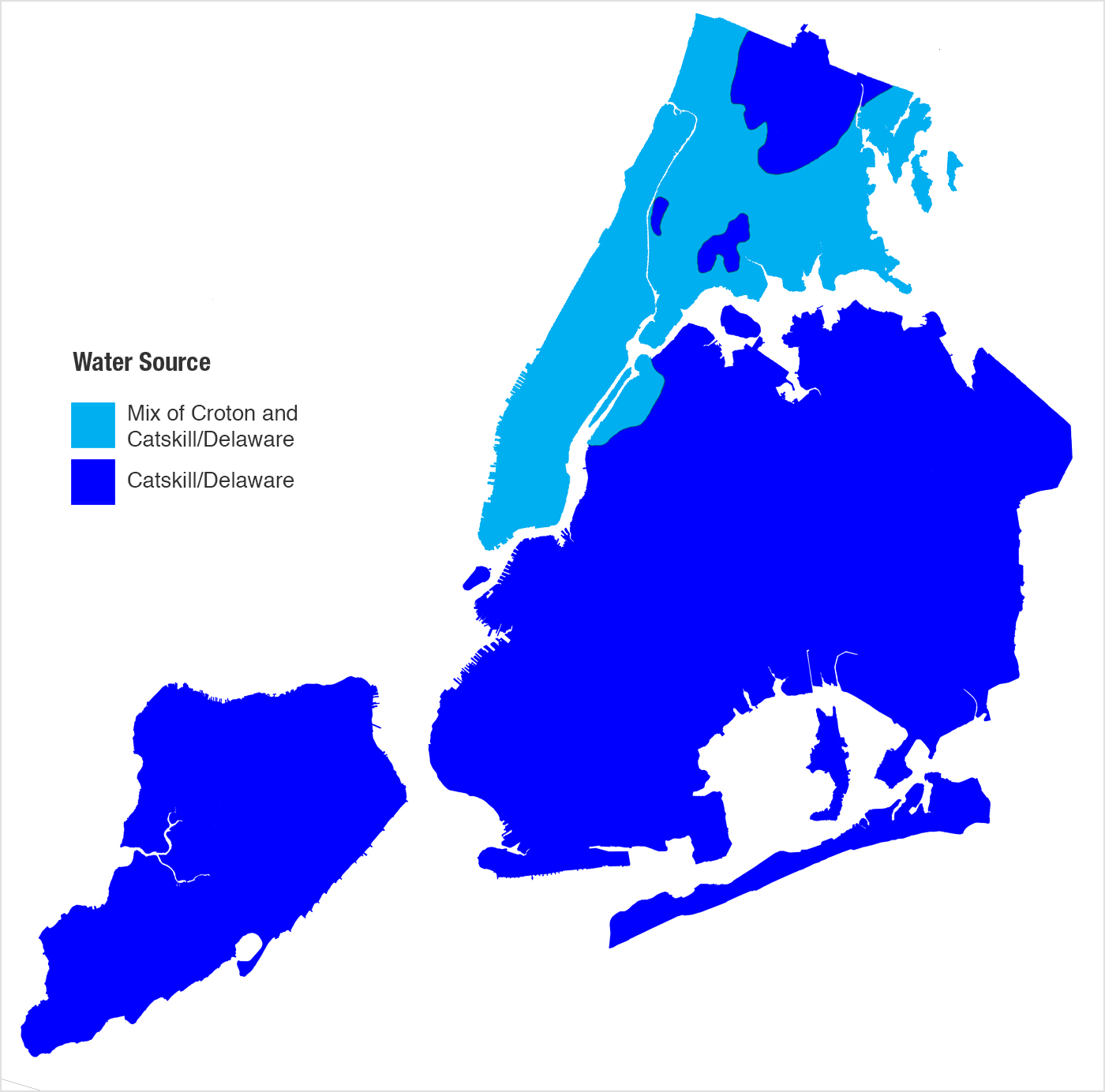Public hearings can be long and tedious. The process is boring, and attendance tends to be low. Such is the case with the New York City Water Board’s public hearing. However, these meetings have huge implications for water costs in New York City, so representatives from Ashokan Water Services (that’s us!) went to represent the interests of New York City water consumers and bill payers. On Friday, January 26, 2018 the New York City Water Board held a public hearing at 8:30am followed by a meeting at 9:30am. The issues on the table were whether to repeal the 2.1% increase to water and sewer rates allowed under the December 19, 2017 decision of Prometheus Realty Corp vs. New York City Water Board, and whether to extend the deadline to comply with the terms of the Multifamily Conservation Program to December 31, 2018.
In the Prometheus case, the Water Board was accused of unfairly implementing the 2.1% rate increase and issuing a $183 tax credit to only a certain tax class. To address the rate increase issue of the Prometheus decision, the Water Board hired Amawalk Consulting Group to assess their revenues and financial standing. Their findings showed that the Water Board is in good financial standing. This means that the 2.1% water rate increase is not necessary to fund the FY2018 budget, and that water and wastewater fees are reasonable as they currently stand. Although no rate increases are being adopted at the moment, the board will meet again in April with a rate proposal for FY2019.
A representative spoke on behalf of the Rent Stabilization Association, commending the decision to repeal the rate increase. He also suggested that all tax-classes should be considered to receive credit, for there was no basis upon which one tax class should be singled out. He advocated for a full elimination of the $183 rebate, and in favor of continued rate freezes. He expressed belief that the Multifamily Conservation Program (MCP) should be expanded to include additional buildings willing to meet the qualifications. The current eligibility base is too small for substantial water conservation in the city to be realized- a belief that we share here at Ashokan Water Services. (Check out more of our opinions on the matter here!)
The 2017 Water Rate Schedule stated that properties that did not provide evidence of MCP compliance would receive a penalty charge of 10% of their bill. Compliance includes the property having four or more units, wireless meter reading devices, and proof that conservation efforts are being made such that water consumption decreases. However, the penalty was never assessed since its proposal a year ago, even though approximately 10,000 properties have not provided evidence of compliance dating back to 2012. At this meeting, the board proposed to extend the compliance deadline to December of 2018. To implement this, the Department of Environmental Protection claims that they will “immediately begin enhanced outreach and engagement with the affected properties.”
However, no insight was provided as to how the DEP will do this. Representing Ashokan Water Services, Hershel Weiss voiced his concerns at the public hearing. Our main qualm is that MCP regulations have not been enforced in the past, so no one complied with the guidelines. Albeit, these process guidelines are still unclear, and no one understands who has to submit applications. Our request (which Hershel has voiced at approximately 14 different Water Board public hearings over the years) is simple- the Water Board must write a clear directive stating specific guidelines, a checklist for compliance, and who needs to submit applications.
The Water Board assured everyone at the hearing that they would take all comments and concerns into consideration. “We don’t come predisposed,” said Alfonso Carney, the chair of the Water Board, “we will use what the members of the public say.” This sentiment is expressed at every meeting, and nothing substantial comes of it. We did not expect this meeting to yield different results, but our fingers are crossed nonetheless.
The Water Board with reconvene in a few months. Updates regarding their public hearings and meetings can be found here.
—
Allegra Miccio







 Mayor de Blasio appointed Vincent Sapienza as acting Department of Environmental Protection Commissioner earlier this month to replace the departing Emily Lloyd. Sapienza has been dragged to the front row as a figurehead representing the DEP after maintaining a non-political post in charge of the DEP’s infrastructure.
Mayor de Blasio appointed Vincent Sapienza as acting Department of Environmental Protection Commissioner earlier this month to replace the departing Emily Lloyd. Sapienza has been dragged to the front row as a figurehead representing the DEP after maintaining a non-political post in charge of the DEP’s infrastructure.